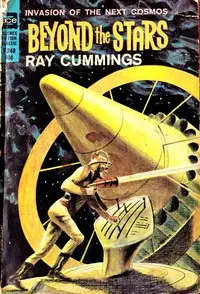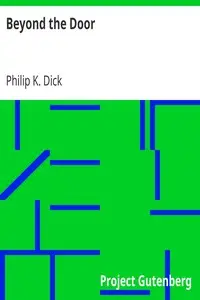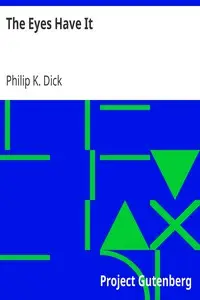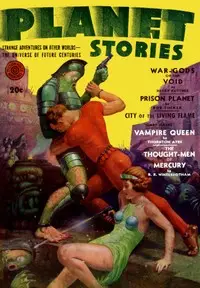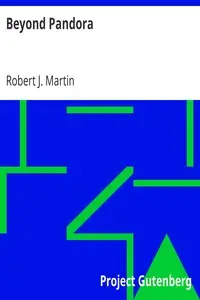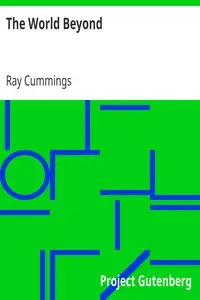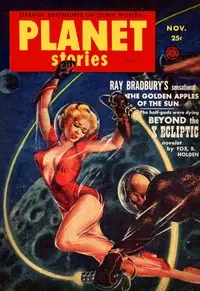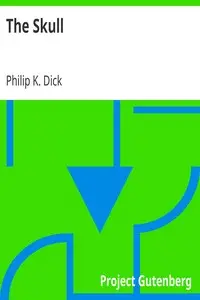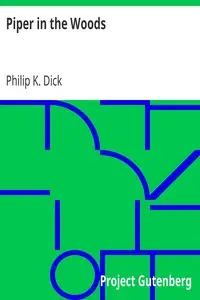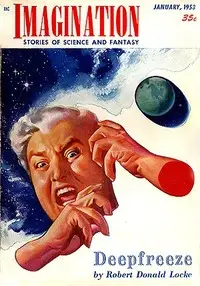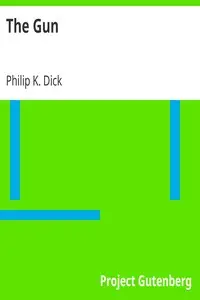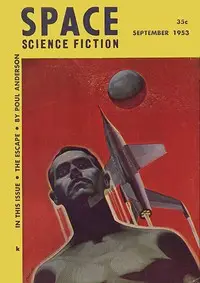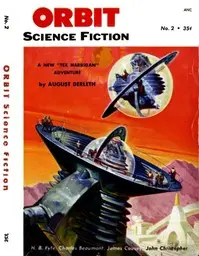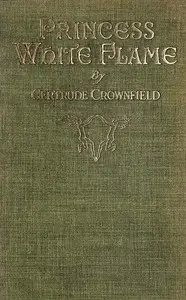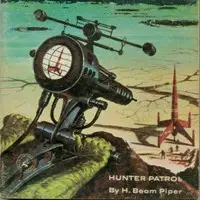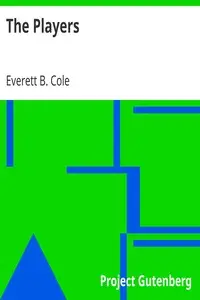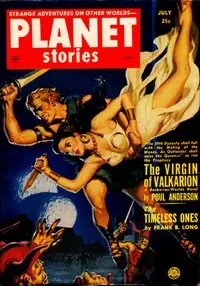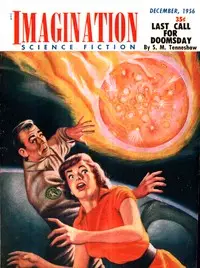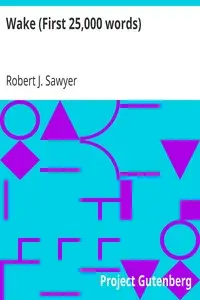"Beyond Lies the Wub" by Philip K. Dick is a science fiction short story that grapples with ethics and communication when humans encounter a telepathic, pig-like creature called a wub. A space crew, facing a potential food shortage, considers eating the wub, but the creature uses its intelligence and philosophical arguments to fight for its survival, sparking meaningful debates within the crew about morality and the value of life. Despite these profound exchanges, the captain chooses to kill and eat the wub, and the crew is left disturbed and thoughtful after the meal, forced to confront the consequences of their actions and the wider implications of how humans treat other beings.
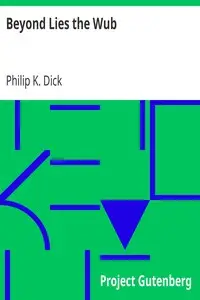
Beyond Lies the Wub
By Philip K. Dick
On a spaceship far from Earth, a philosophical pig challenges the crew's right to eat him, leading to a disquieting meal that forces them to reconsider their place in the universe.
Summary
About the AuthorPhilip Kindred Dick, often referred to by his initials PKD, was an American science fiction writer and novelist. He wrote 44 novels and about 121 short stories, most of which appeared in science fiction magazines during his lifetime. His fiction explored varied philosophical and social questions such as the nature of reality, perception, human nature, and identity, and commonly featured characters struggling against elements such as alternate realities, illusory environments, monopolistic corporations, drug abuse, authoritarian governments, and altered states of consciousness. He is considered one of the most important figures in 20th-century science fiction.
Philip Kindred Dick, often referred to by his initials PKD, was an American science fiction writer and novelist. He wrote 44 novels and about 121 short stories, most of which appeared in science fiction magazines during his lifetime. His fiction explored varied philosophical and social questions such as the nature of reality, perception, human nature, and identity, and commonly featured characters struggling against elements such as alternate realities, illusory environments, monopolistic corporations, drug abuse, authoritarian governments, and altered states of consciousness. He is considered one of the most important figures in 20th-century science fiction.

